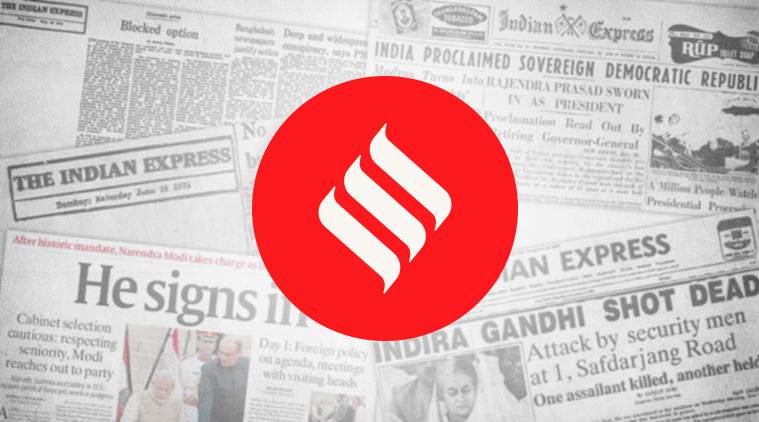Opinion Slipping down
Moody’s downgrade is a wake-up call: A government with a strong political mandate must press the pedal on reforms.
 Country needs to evolve well-rounded protocols for managing disasters, not look at them as only administrative problems.
Country needs to evolve well-rounded protocols for managing disasters, not look at them as only administrative problems.  The focus should now be on raising revenues and preventing fiscal slippages, instead of resorting to accounting sleight of hand.
The focus should now be on raising revenues and preventing fiscal slippages, instead of resorting to accounting sleight of hand.
The move by international credit rating agency, Moody’s Investors Services, last week, to revise India’s sovereign rating outlook from stable to negative while retaining it at Baa2 hardly comes as a surprise. With growth tapering and in the backdrop of a deepening slowdown, and with international agencies such as the IMF besides the country’s central bank sharply marking down their 2019-20 growth projections for India, such rating action was inevitable. Moody’s has said that its action partly reflected government policy ineffectiveness in addressing economic weakness, which in turn led to an increase in the debt burden. Governments typically contest such action by raters, and the finance ministry has said that the government has proactively taken policy action in response to the global slowdown and was expecting to attract more investment flows. It may be easy to brush aside the revision in rating, specially after the loss of credibility faced by rating firms following the 2008 financial crisis and also closer home. But the focus should now be on raising revenues and preventing fiscal slippages, instead of resorting to accounting sleight of hand.
That would mean some big ticket privatisation, as during the Vajpayee-led NDA 1, not the sham divestment seen with ONGC, IOC or LIC being nudged to buy into other state-owned companies. A couple of big divestments, including ones which attract foreign firms like BPCL and Air India, could be gamechangers in terms of enhancing competitiveness and efficiencies. Given the credibility deficit on fiscal accounting, it would be better for the government to be more transparent and account for all subsidies, including fertiliser, food and fuel on its own balance-sheet. Financial markets and investors may take a fiscal slippage of 25 to 30 basis points or close to 4 per cent in their stride as long as the budget figures and government accounting are transparent and credible.
Alongside, the government must also make an effort to shed what is generally perceived to be its anti-business approach, which threatens to hurt industry. Former Prime Minister Manmohan Singh had rightly said three years ago that in a crisis “we act constructively and when it is over, status quo takes over”. The bottomline is this: A government with a strong political mandate and which is still in the early days of its second term, can surely press the pedal on reforms.





